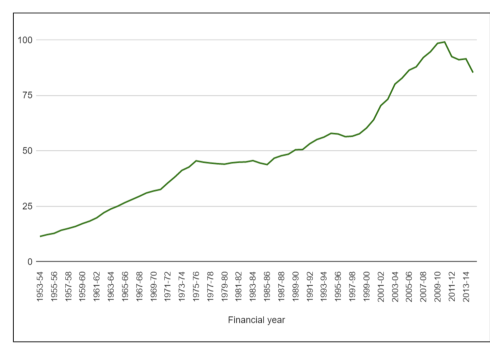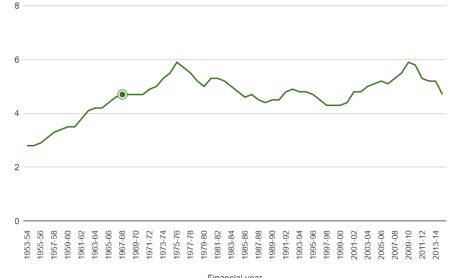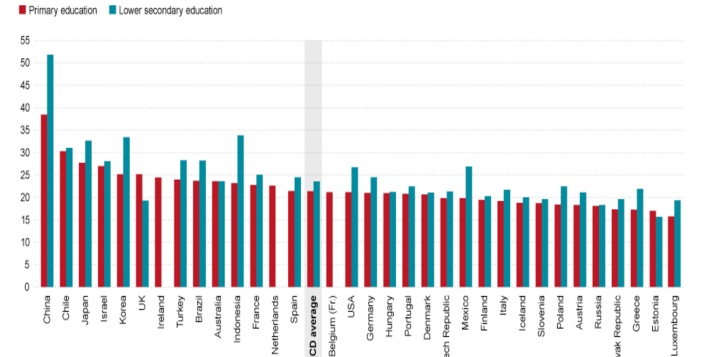So there I was, thinking crikey I have talked plentifully about the EU and now I need a new story to write about because everybody is tired of the referendum and quite frankly I don’t have anything interesting to say about Nigel Farage. However, today I am switching to the teachers strike and commentating on the benefits of education to a society and whether teachers are right to be striking.
Why we educate:
To put it basically, an educated workforce is a productive workforce. To educate people means that they can complete skilled jobs , read and write and produce a lot more than they could otherwise. We produce far more, now our workforce is educated, than we did when children were working in factories. Throughout history, may economists have advocated the neccessity of education to make people more productive and more aware of the world. Free education also means more social mobility.
Is the standard of education falling?
Today, many teachers have claimed that the strike is not about pay, but about cuts to education and the impact on students. At first glance, the figures do not look good. According to the Institute of Fiscal studies, in real terms, spending in education has fallen by 14 billion pounds between 2010 & 2015. With a prospective upcoming recession, one fears that this may only get worse.

Now, a recession does generally mean austerity, so we can justify some of this spending reduction as cuts, and I accept that. So the next question is: Is education suffering more in relation to other sectors? The simple answer again seems to be yes, to a certain extent.

Since the 1960s, spending on education has certainly fluctuated. Having been as high as 6%, it is fair to say that Margaret Thatcher didn’t hold it in such a high regard. Spending did increase under the New Labour government, however it is falling again to its lowest level, as a percentage of expenditure, since 2000. Furthermore, per pupil, it has been estimated that education will be cut by 7% between 2015 and 2020.
One very easy measure of standard of education to note is the class sizes of our schools. At a primary level our (arguably the most vital as kids start to learn to read and write), our class sizes are much bigger than the OECD average. They are greater than America, Italy and even Greece. With the amount of students expected to increase by 7% over the next 5 years, this figure may only get worse.

Is it only about pay?:
Apparently not. The rhetoric from teachers has been that despite poor pay and wage freezes, which will only be going up at 1% per annum over the next few years, far less than the private sector. This is about teaching standards.
The future of education…
In the 2016 budget, George Osborne dictated that all schools would become academies by 2022. While this was later repealed, it shown an agenda that the government wish to privatise education. They are not interested in it being a public good. Whether this would improve education is a debate for another day.
A fair argument:
Primary and secondary schools have hardly felt the impact of the government cuts. They have only been scratched. However, 16-19’s are the group who are really hurt. They have suffered the worst austerity, so is it just that primary & secondary teachers are striking?
I believe that the answer is yes. The strikes are in order to show concern. The academies threat and the predicted 8% cut in funding show that these could be some very dark years in one of the most vital services to our economy. Investing in young people is important and these strikes need to highlight that it needs to be done correctly.

